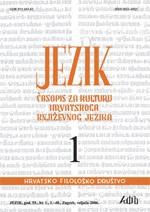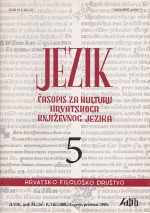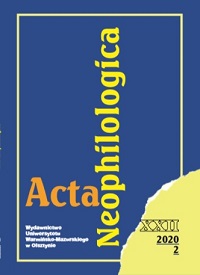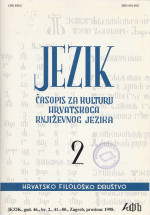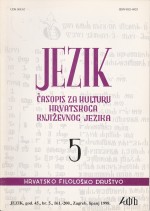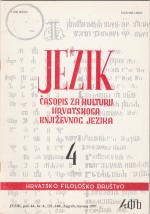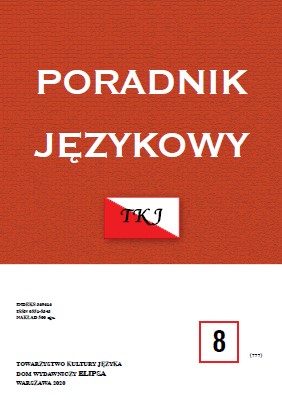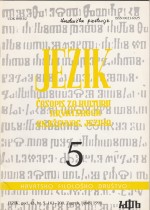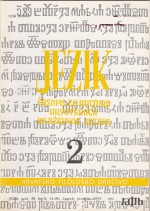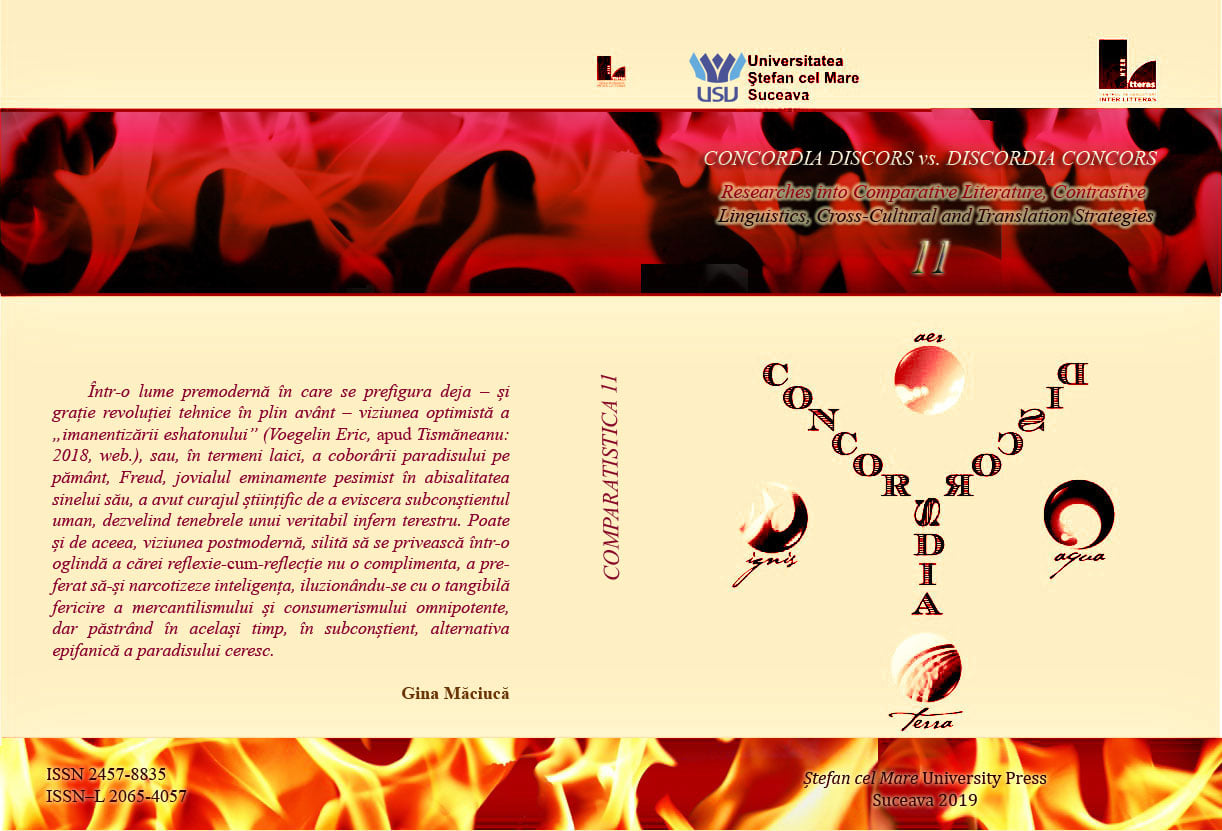
Orgie et abstinence comme manifestations de l’excès dans Je suis sang de Jan Fabre
This research examines the manifestations of excess as a means oftransgression of societal and ecclesiastical rules in Je suis sang/ I Am Blood,conceived by Jan Fabre in 2001 for the Avignon Festival. The medieval set inwhich Fabre frames the theatrical performance causes the spectator to beconfronted with violence and radical corporeal images, making ecstaticexperience and torture impossible to separate. By surpassing all the limitsabusively imposed on their bodies, the characters in the show submitthemselves to transgression by exploring both debauchery and abstinence asrituals. In each of these cases, the bodies are always pushed to the limits inorder to avoid the boundaries externally imposed on them and thus gain theirdesired freedom. In this manner, we are witnessing the emergence of severaltypes of bodies, always in connection with blood: tortured bodies, erotic bodies,ascetic bodies, saintly bodies or demonic bodies. Our approach throughout theanalysis of excess and its corporeal manifestations is based on the concept oforgiasm as theorised by sociologist Michel Maffesoli [2010]. Our maintheoretical concern focuses on the distinction between hyper and hypo orgiasm,two extreme manifestations of the same phenomenon. We argue that orgiasm isnot only a form of liberation for the medieval body represented in Je suis sang,but also a ritual that solidifies the bonds within the group in view, leaving spacefor a form of communion otherwise impossible to achieve.
More...
